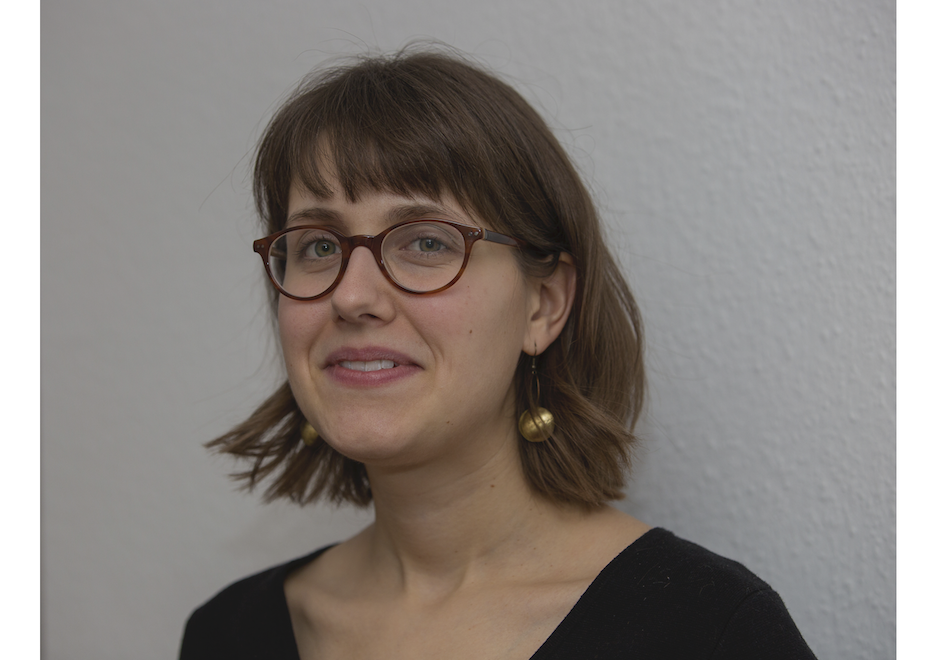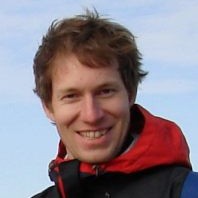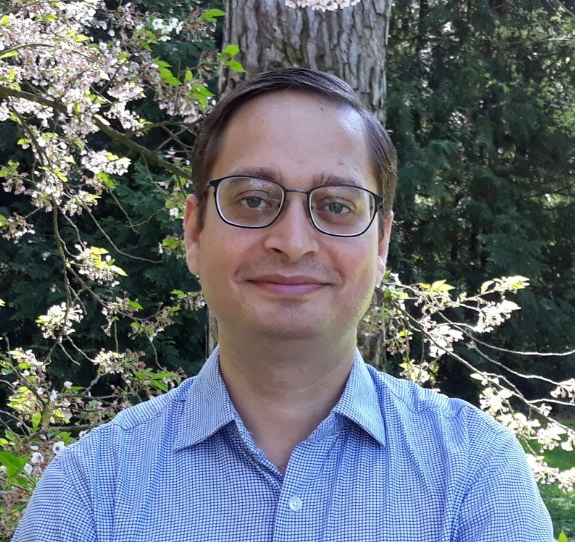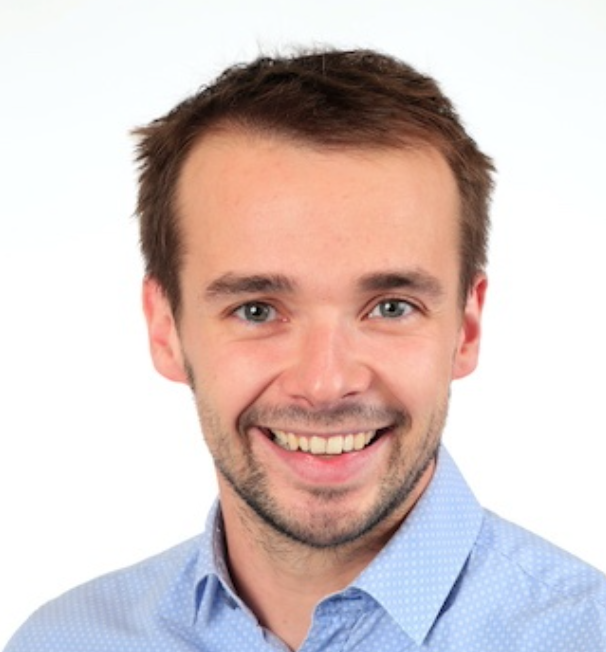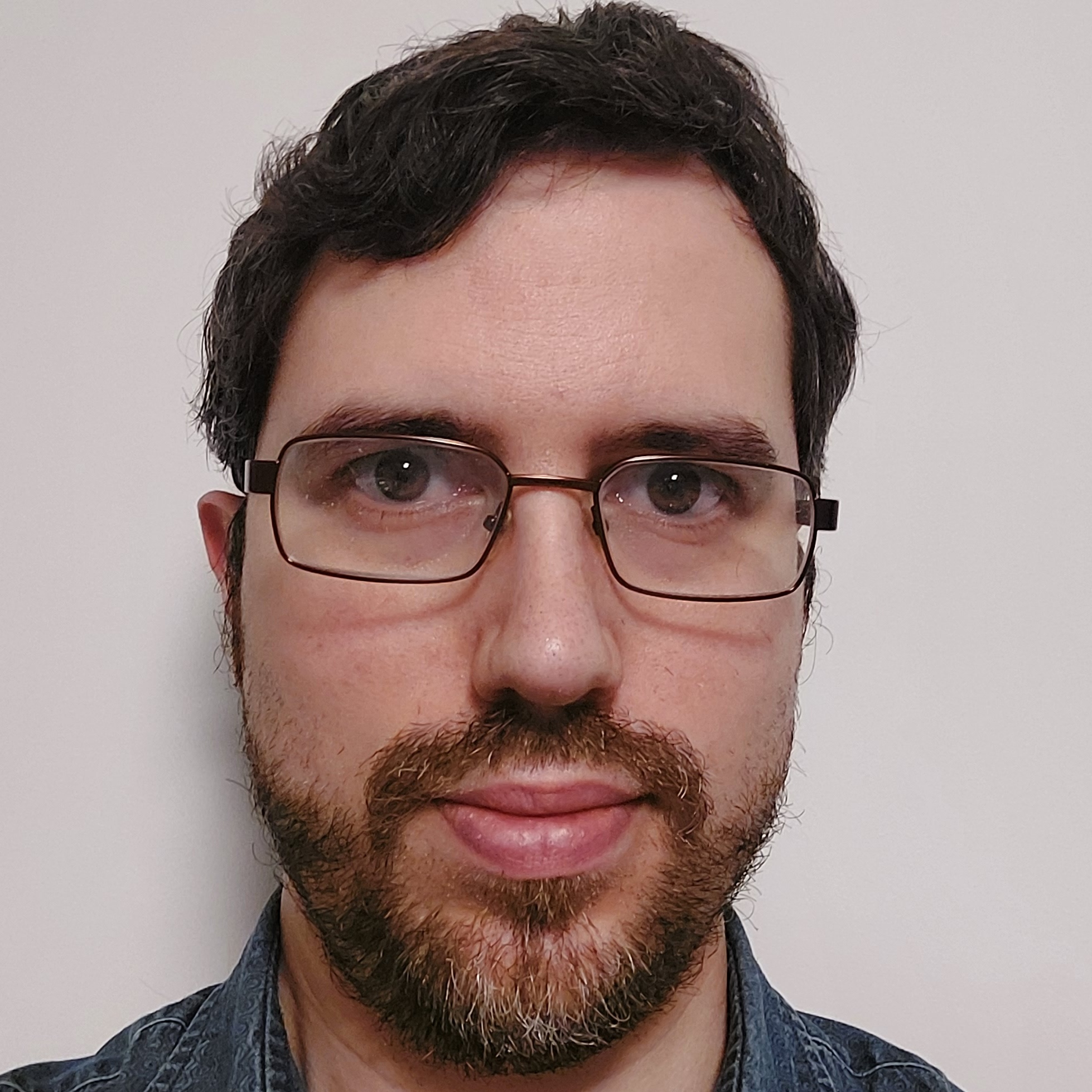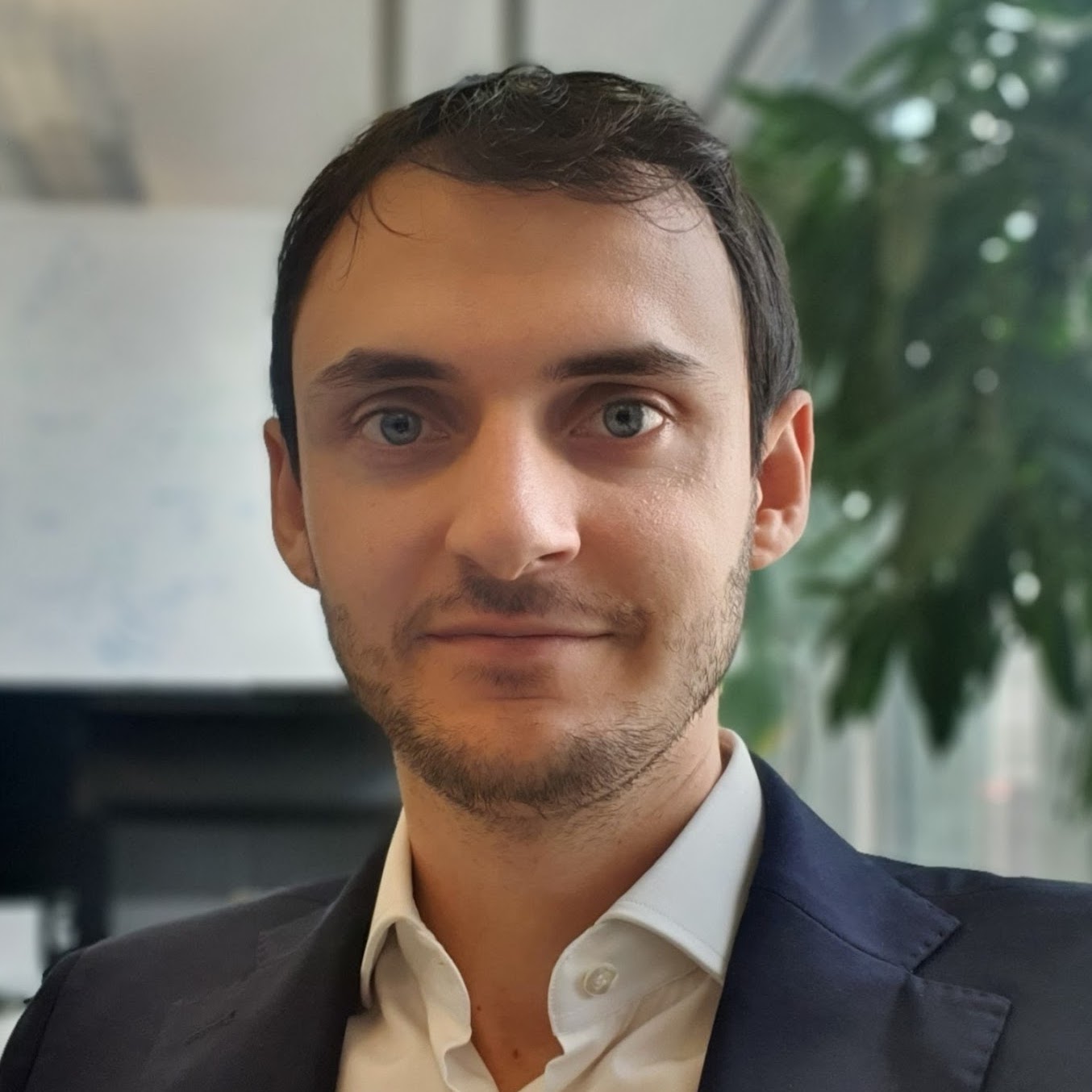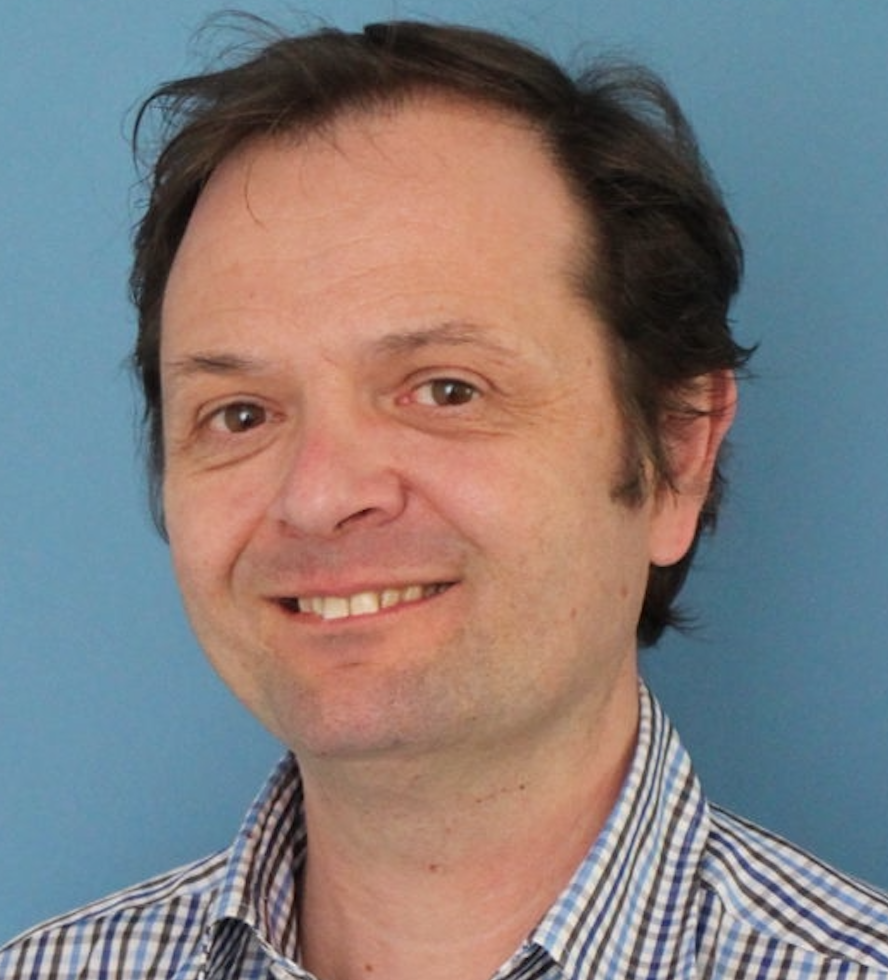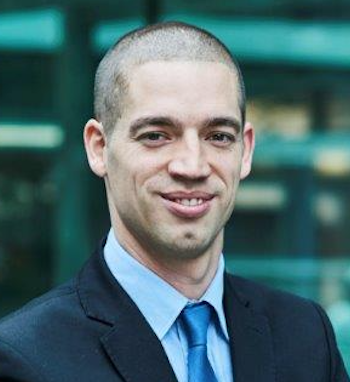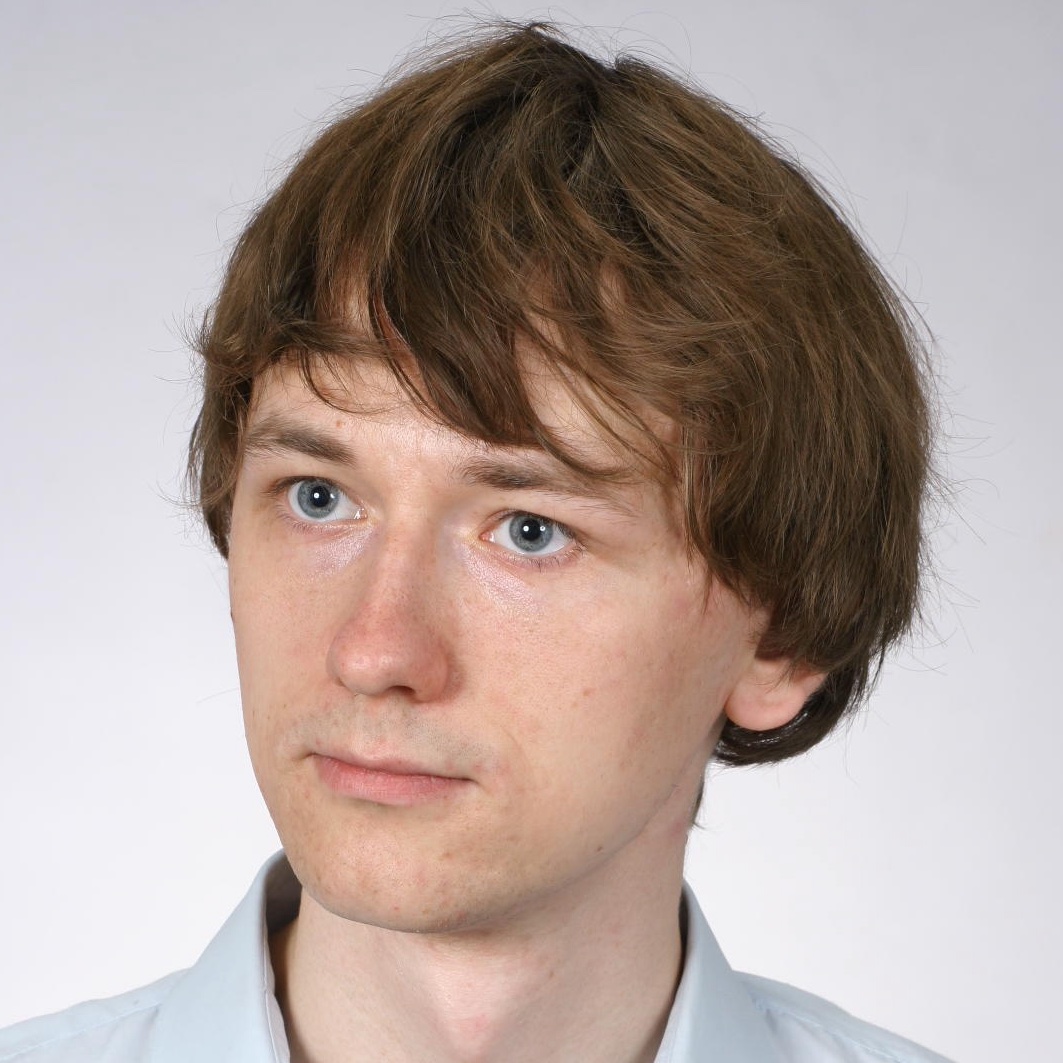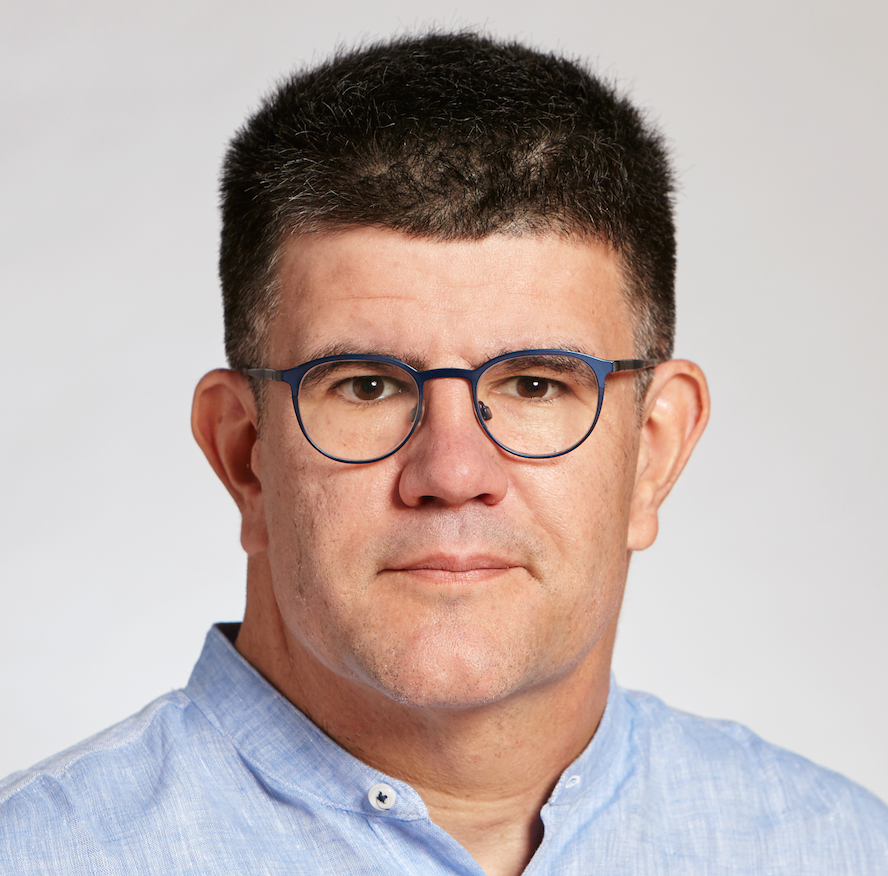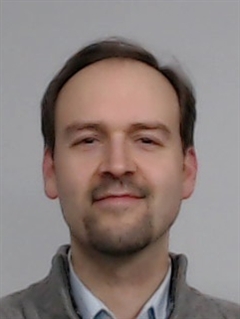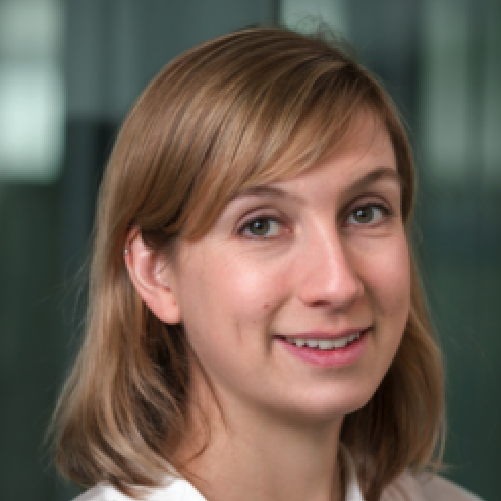Introduction
With Tarun Chadha, Thomas Wuest & Franziska Oschmann
A View of SDSC Projects: Understanding Swiss Parliamentary Data
With Fernando Perez-Cruz
A Machine Learning Collaboration with Neuroscience: Opportunities & Challenges
With Francesco Casalegno
Large-Scale Synaptic Resolution Brain Mapping in Academia-Industry Collaborations
With Michał Januszewski
What Makes Interdisciplinary Research Collaborations Work: Experiences from the Center for Data Analytics
With Rodrigo Cerqueira Gonzalez Pena
Machine Learning Based Analysis of Biomedical Microscopy Images
With Simon F. Nørrelykke
From Prototyping to Production: How SIS is Supporting AI in Research!
With Franziska Oschmann
Break
Text Crunching Center (TCC): Data-Driven Methods for Linguists, Social Science and Digital Humanities
With Gerold Schneider
Machine Learning for Economics and Social Sciences: Applications and Software
With Achim Ahrens
Data Scientists Supporting Scientific Researchers: A Win-Win Situation
With Matteo Tanadini
Panel Discussion: Benefits, Challenges and the Way Forward for AI Collaborations in Academic Research
With Simon F. Nørrelykke, Achim Ahrens, Aris Marcolongo, Guillaume Obozinski, Francesco Casalegno, Gerold Schneider, Rodrigo Cerqueira Gonzalez Pena, Tilia Ellendorff, Matteo Tanadini, Michał Januszewski, Thomas Wuest, Franziska Oschmann & Tarun Chadha
